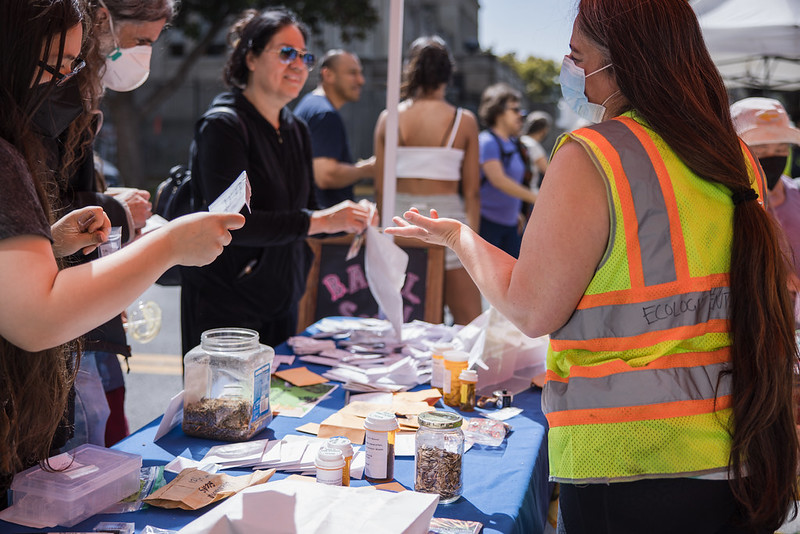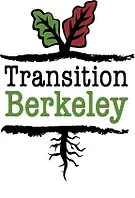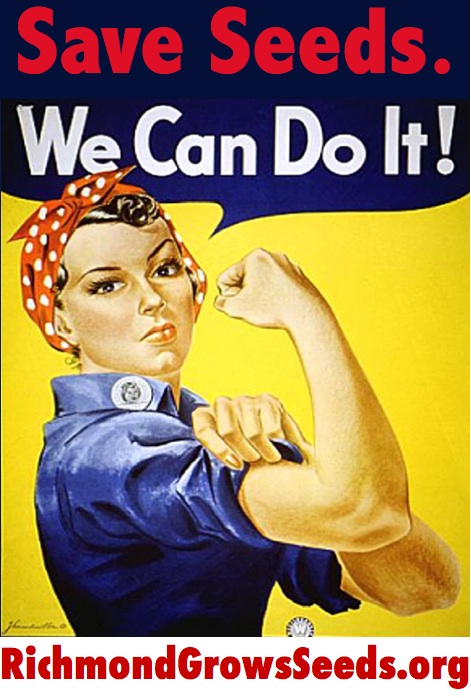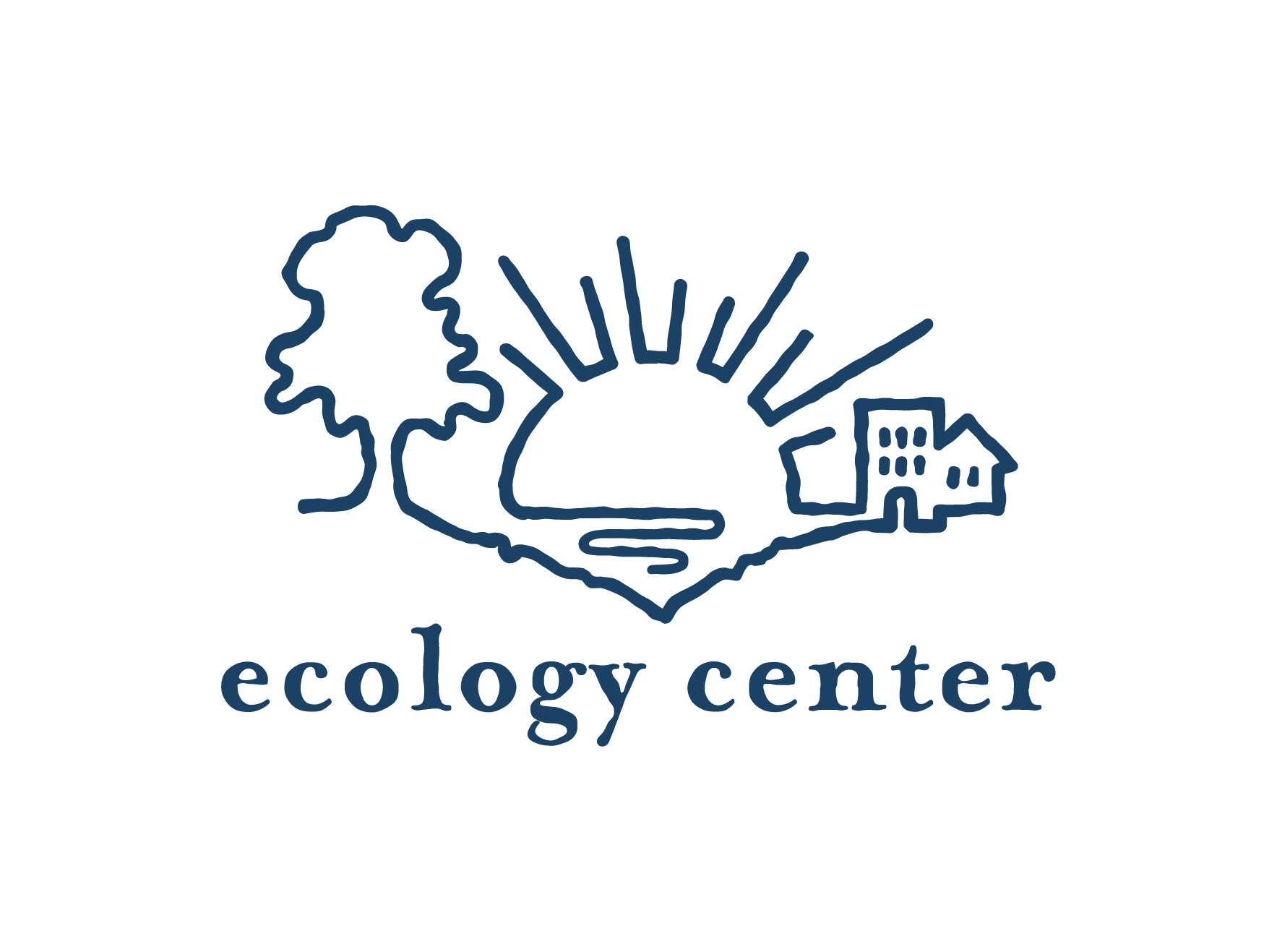Seed Swap and Native Pollinator Celebration
Fri, March 31, 2023 6:30 pm – 8:30 pm
Ecology Center Store & Resource Center
The 22nd Annual BASIL SEED SWAP is happening Friday, March 31, 2023, 6:30-8:30 pm. Hosts this year include Transition Berkeley, the Ecology Center and Richmond Grows Seed Lending Library. The event will be held at the Ecology Center, 2530 San Pablo Ave, Berkeley, CA. This event is wheelchair accessible. (NOTE: there will not be a potluck this year due to COVID precautions, but there are dining options close-by.)
First held in 2001, the SEED SWAP is a free community event where attendees can trade and exchange heirloom vegetable and native plant seeds, learn about plant breeding, and get advice from seasoned gardeners. The seed swap is open to all, from beginners to experienced gardeners.
Participants are encouraged to bring labeled seeds. Extra seed-saving supplies will be available for those who want to learn more about seed-saving. To best prepare seeds for the swap, organizers ask attendees to 1) pre-label with the common name, 2) harvest location, 3) year harvested, and 4) number of plants collected from. Cooking and growing information is also helpful!
Limited envelopes for seeds will be available; please come prepared with small envelopes, empty pill bottles, baggies, or containers of your choice to bring home seeds.
- Join a network of seed savers, gardeners, native pollinator supporters to share seeds for growing food and enhancing local habitat.
- Get started planning your garden with seeds from local gardeners.
- Learn about seed libraries, growing and saving seeds.
- Browse through the Bay Area Seed Interchange Library (BASIL)
- Hear guest speakers:
- Rebecca Newburn, Co-Founder, Richmond Grows Seed Lending Library
- UC Berkeley students, from “Save the Bees” DeCAL class
- Benefits of native pollinator plants, to be announced
The Bay Area Seed Interchange Library (BASIL) project was started by a network of concerned farmers and community gardeners dedicated to conserving the remaining genetic diversity of our planet’s seed stock. This seed library was a first of its kind and has served as a model and inspiration to seed libraries across the country. For more information about BASIL: https://ecologycenter.org/BASIL
This event is free, though we ask that attendees bring seeds to exchange or consider a donation of $5-15. No one turned away for lack of funds. Masks are not required but are recommended.
About the Ecology Center
Founded in 1969, the Ecology Center is a thriving nonprofit organization based in Berkeley, California. We envision a world where human activity nurtures the ecosystems that we all depend on — a world of sustainable cities; empowered, resilient communities; zero waste and zero toxics; equal access to healthy food; environmentally conscious resource use; and a safe and stable climate. Our mission is to inspire and build a sustainable, healthy, and just future for the East Bay, California, and beyond. We transform the ideals of sustainability into everyday practice. We deliver information you can act on, infrastructure you can count on, and leadership for lasting change.
About Transition Berkeley
Launched at the Ecology Center in 2011, Transition Berkeley is a grass roots organization that brings neighbors and community members together to build a more equitable, regenerative, self-reliant future for Berkeley. We envision a strong, diverse local economy, with greatly reduced dependence on fossil fuels, and a healthy, cooperative, rewarding community life.
We demonstrate positive solutions that bring diverse communities together through education and hands-on activities that encourage fixing what’s broken (Repair Cafes and Repair Classes), growing and sharing food (Crop Swap & Share Gatherings), creating natural habitat (Native Pollinator Gardens), and connection with our local governmental leaders to create a more vibrant and healthy city for all to enjoy.
About Richmond Grows Seed Lending Library
The Richmond Grows Seed Lending Library is open to everyone and provides, in addition to seeds, education about growing and saving seeds and organic gardening. It is our hope that seed library patrons will return some seeds from their harvest to make the library self-sustaining. We are committed to saving and sharing rare and unique varieties in particular ones that have cultural significance to our community. We believe that we can preserve biodiversity of our seed stock, create locally adapted resilient seeds while increasing food security.







